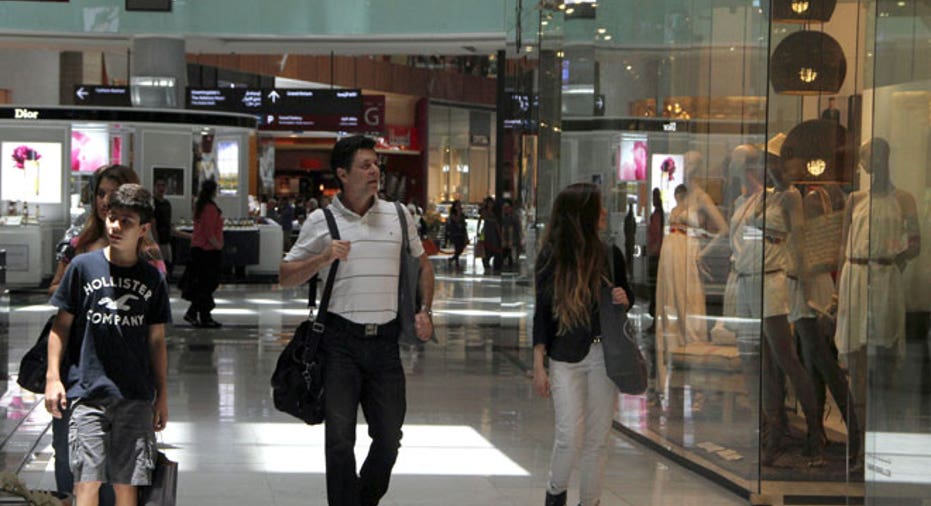After Sapping Holiday Sales, D.C. Fights Cloud '13 Retail Outlook

Despite numerous red flags, the fiscal cliff tore through December on a devastating path and placed an ominous cloud over the key holiday shopping season, souring consumer appetites.
The National Retail Federation is now warning that further political wrangling could prove devastating to the U.S. economy in 2013, further suppressing consumer confidence and hurting the nation’s ability to add jobs.
The cliff’s grip slowed the growth of holiday sales in 2012 as consumers entered stores and visited web sites with the intention of spending less amid economic uncertainty.
Holiday retail sales were up 3% to $579.8 billion, below the NRF’s prediction of 4.1% growth. December sales, excluding automobiles, gas stations and restaurants, increased just 0.8% on a seasonally adjusted basis from November.
The world’s largest retail trade group blamed the holiday season’s cautious consumer on the looming fiscal cliff and weak global economy. Even online sales were slower than expected, with non-store holiday sales growing 11.1%, below Shop.org’s October forecast of 12%.
Retailers have so far reported mixed holiday sales. Macy’s (NYSE:M), while posting a 4% increase in same-store December sales, lowered its fourth-quarter profit and sales expectations and said it planned to close six underperforming stores. Target’s (NYSE:TGT) sales were flat in December and fell short of Wall Street estimates, while Best Buy (NYSE:BBY) booked flat domestic sales.
The NRF, always front and center in advocating for retailers and consumers, had issued several warnings about the cliff’s impact on holiday sales and encouraged Washington to expeditiously reach a solution in the months leading up to the looming Dec. 31 deadline.
“For over six months, we’ve been saying that the fiscal cliff and economic uncertainty could impact holiday sales,” said NRF Chief Executive Officer Matthew Shay. “As the number shows, these issues had a visible impact on consumer spending this holiday season.”
The talks, however, dragged on through the deadline and the U.S. symbolically slipped over the cliff. Lawmakers announced a plan early on New Year’s Day that would soften the cliff’s blow in the aftermath, but the damage had already been done from a retail perspective.
The debate has since shifted to the debt ceiling, a battle even more vicious that threatens to directly impact whether the U.S. can pay its bills.
Fitch Ratings warned on Tuesday that the U.S., which reached its $16.4 trillion debt ceiling on Dec. 31 and has been meeting its financial obligations with the help of special measures employed by the Treasury Dept. expected to expire in mid-February, could lose its top credit rating if the government fails to raise the ceiling in a timely manner.
The ratings company made it clear that it will not tolerate the political wrangling over the debt ceiling and flexed its muscles Tuesday morning by promising that it will put the U.S. rating under review if there is a repeat of the August 2011 debt crisis.
Meanwhile, the NRF last week strongly encouraged Congress to enact comprehensive tax reform in 2013 that would help boost the economy and encourage job growth.



















